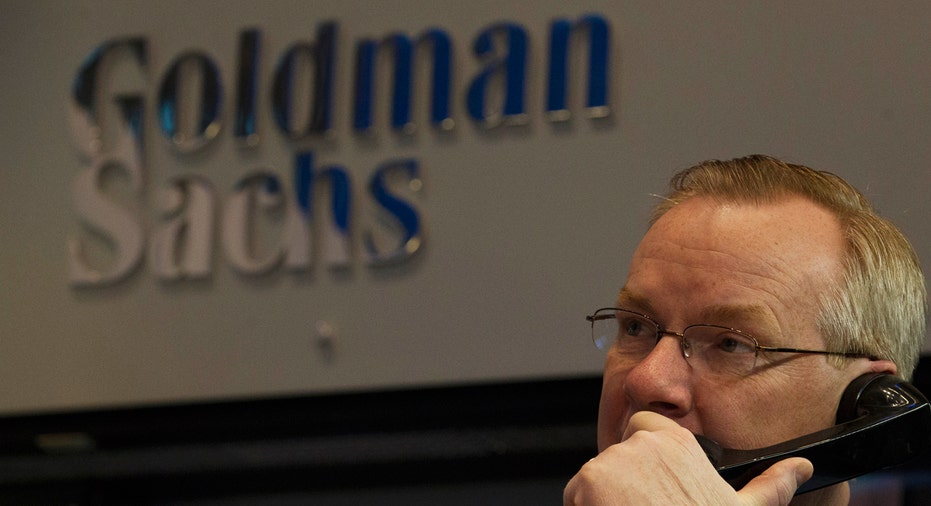Goldman in $5.1B Settlement Over Mortgage Backed Securities Probe

Goldman Sachs (NYSE: GS) on Thursday announced a $5.1 billion settlement with government investigators to resolve probes into the banking giant’s handling of mortgage backed securities in the run up to the 2008 financial crisis.
Goldman is the most recent of the big banks to face massive settlement charges for allegedly misleading investors over the quality of mortgage backed securities the bank packaged and sold as the U.S. was careening toward the financial crisis in the mid-2000s.
Citigroup (NYSE:C), Bank of America (NYSE: BAC) and JPMorgan (NYSE: JPM) have agreed to pay tens of billions of dollars in total to settle similar charges in recent years.
In a statement, Goldman said the settlement was an agreement “in principle” that will resolve civil claims by the U.S. Department of Justice, the New York and Illinois Attorneys General, the National Credit Union Administration (as conservator for several failed credit unions) and the Federal Home Loan Banks of Chicago and Seattle, relating to Goldman’s securitization, underwriting and sale of residential mortgage-backed securities from 2005 to 2007.
Goldman said the agreement will reduce earnings for the most recent fourth quarter by approximately $1.5 billion on an after-tax basis.
Under the terms of the agreement in principle, the firm will pay a $2.385 billion civil monetary penalty, make $875 million in cash payments and provide $1.8 billion in consumer relief. The consumer relief will be in the form of principal forgiveness for underwater homeowners and distressed borrowers; financing for construction, rehabilitation and preservation of affordable housing; and support for debt restructuring, foreclosure prevention and housing quality improvement programs, as well as land banks, according to the bank’s statement
Lloyd C. Blankfein, Chairman and Chief Executive Officer of The Goldman Sachs Group, Inc., stated, “We are pleased to have reached an agreement in principle to resolve these matters.”
The agreement is still subject to negotiation, according to Goldman, and “there can be no assurance” that the firm and U.S. authorities will agree on the definitive documentation.
Also Thursdaym, Goldman said it agreed to pay a $15 million fine to settle Securities and Exchange Commission allegations that the investment bank violated federal regulations that dictate how brokers can arrange stock short sales for clients.
Short sales allow an investor to borrow shares of stock the investor believes is about to fall in value. After the shares fall in value the investor keeps the difference between the price at which the shares were borrowed and the price where the shares have fallen.
In a statement, the SEC said it had found that Goldman Sachs violated securities regulations by improperly telling its customers it had located short sale stocks when in fact the bank had not performed an adequate review of the securities to be located. “The requirement that firms locate securities before effecting short sales is an important safeguard against illegal short selling,” said Andrew J. Ceresney, director of the SEC’s Enforcement Division. “Goldman Sachs failed to meet its obligations by allowing customers to engage in short selling without determining whether the securities could reasonably be borrowed at settlement.” Goldman Sachs neither admitted nor denied the charges as part of the settlement.



















